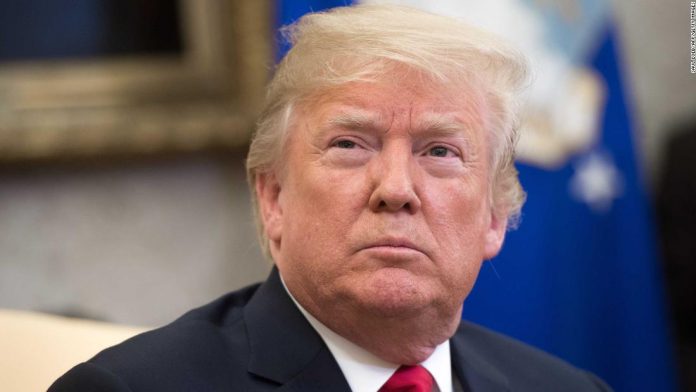Donald Trump is known to have exited many international pacts and world bodies ever since he took charge as the US President in 2017.
Just days after writing a four-page long letter to the World Health Organization Chief (WHO) chief Tedros Adhanom Ghebreyesus earlier this month, US President Donald Trump on Friday announced severing ties with the global health body and said the country’s annual contribution of $450 million towards the WHO will be diverted to other global bodies.
“Because they have failed to make the requested and greatly needed reforms, we will be today terminating our relationship with the World Health Organization and will be redirecting those funds to other worldwide and deserving urgent public health needs,” Trump said during a news briefing announcing that the US will also end special status for Hong Kong and treat it on par with Mainland China. The move comes amid growing tensions between the US and China over the coronavirus pandemic.
This is nothing new for the US President who is known to have exited many international pacts and world bodies ever since he took charge in 2017, one of the most significant ones being the Joint Comprehensive Plan of Action (JCPOA) or the Iran nuclear deal.
Here’s a quick look at some of the multilateral pacts and global bodies exited by the US under Trump administration.
Trans-Pacific Partnership
Right after assuming office as the US President, Trump exited 12-nation TPP and fulfilled one of his electoral promises which he said was aimed at protecting US jobs.
The original 12-member agreement was known as the TPP and was a signature trade policy of the Obama administration. Obama was unable to secure Congressional support for the deal. Following the US withdrawal, the remaining 11 countries renegotiated parts of the TPP, removing some of Washington’s demands. In March, they signed the Comprehensive and Progressive Agreement for Trans-Pacific Partnership (CPTPP), also known as TPP-11.
Drafted in the year 2015, the trade deal covered nearly 40 per cent of the world’s economy and was negotiated by countries like the US, Japan, Australia, New Zealand, Canada, Mexico, among others with an aim to boost growth, improve economic ties and reduce tariffs.
— Donald J. Trump (@realDonaldTrump) May 29, 2020
Paris Accord on climate change
This was another departure from an Obama-era deal. Trump withdrew from the accord in the year 2017 citing threat to the country’s economy and sovereignty.
The Obama administration had signed the United States onto the 2015 pact, promising a 26-28% cut in US greenhouse gas emissions by 2025 from 2005 levels. Trump said the agreement was not in tune with American workers.
Iran nuclear deal
In May 2018, Trump announced US exit from the Joint Comprehensive Plan of Action or the Iran nuclear deal. The 2015 international agreement was designed to deny Tehran the ability to build nuclear weapons.
Another Obama-era agreement, Trump had previously dismissed the deal as “insane” and “ridiculous”. Former US President Barack Obama, in a statement on US exit from JCPOA, said, “Walking away from the JCPOA turns our back on America’s closest allies, and an agreement that our country’s leading diplomats, scientists, and intelligence professionals negotiated”.
United Nations Scientific and Cultural Organisation (UNESCO)
United States’ withdrawal from the UNESCO was led by Trump in the year 2017 citing “anti-Israel bias”. The US was upset with the UNESCO for granting full membership to Palestine while Israel maintained it should have been granted only after working out a peace deal in the Middle East.
United Nations Human Rights Council
The United States exited the UNHRC in the year 2018 citing bias against Israel and a lack of reform. “Look at the council membership, and you see an appalling disrespect for the most basic rights,” then US Ambassador to the United Nations Nikki Haley said on US exit.
The US president has also grumbled about US contributions to NATO and the United Nations. He had previously threatened to quit the Universal Postal Union to force them to rationalise rates. The US did not make an exit as they arrived at a compromise.


